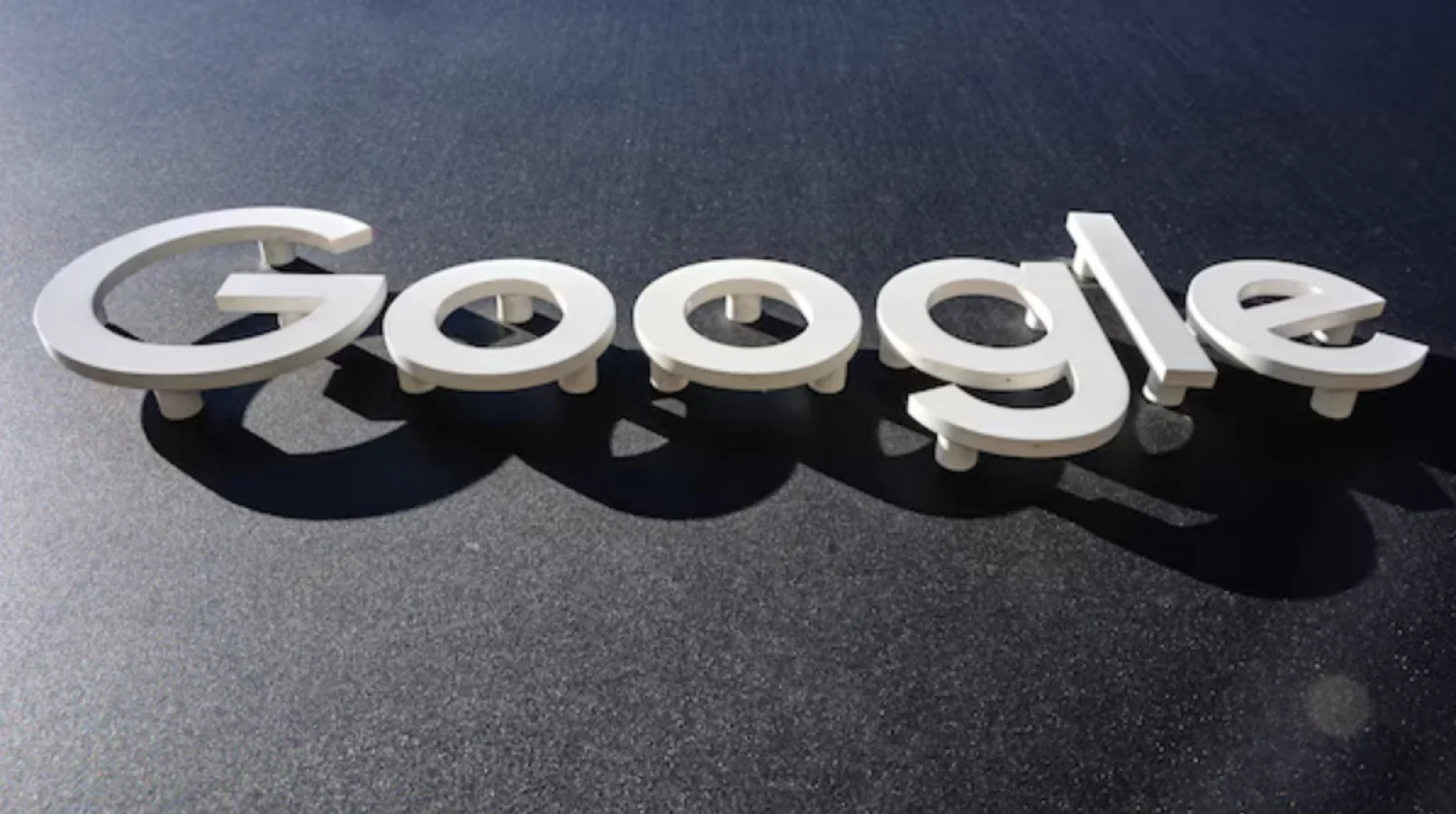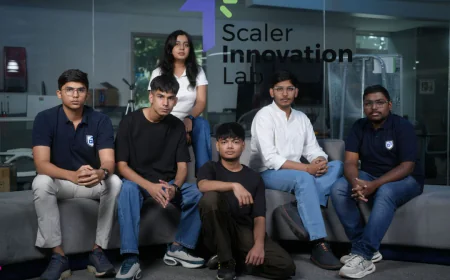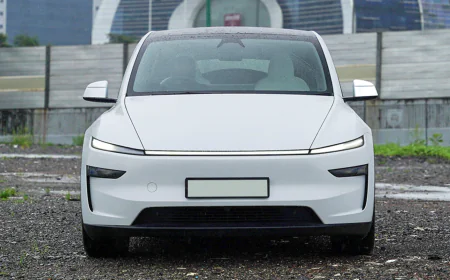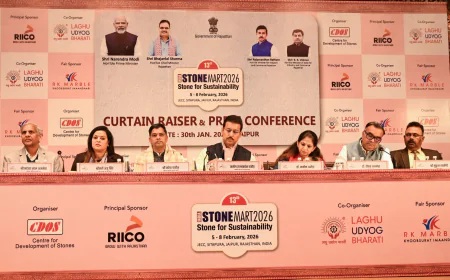Judge Previously Ruled Google Used Anti-Competitive Tactics; Final Verdict Expected Early 2025
Google: A major conflict is brewing between Google and the US government over the future of internet advertising. Google has adopted strategies in its digital advertising business that have allowed it to gain significant market control.

Google and the US government are in an all-out battle over the future of internet advertising. Google will be going to federal court this Friday, where the government is pushing for severe measures against the company.
The problem is that Google has instituted practices in its digital advertising business that have enabled the company to amass significant market control. That's why the court labeled some of Google's ad-tech services "illegal monopolies." Closing arguments by lawyers for Google and the US Department of Justice are set to take place before a court in Alexandria, Virginia. Each side will describe how this technology, which serves billions of digital ads, works and where things have gone wrong.
In April, after a lengthy investigation, Judge Leonie Brinkema ruled that some of Google's advertising techniques were designed to corner the market. This led to another 11-day trial to determine how to resolve Google's actions. Friday's arguments will be the final opportunity for both parties to convince the judge. A verdict is expected early next year.
Want to get your story featured as above? click here!
Want to get your story featured as above? click here!
The US Justice Department alleges that Google has built such a large ad-tech business over 20 years that breaking it up is the only solution. The government has described Google in court as a "monopolist that repeatedly engages in abusive tactics." These allegations apply not only to advertising but also to Google's search engine. However, in the search case, the judge refused to order Google to sell its Chrome browser. Google was ordered to make certain improvements. Following that ruling, shares of Google's parent company, Alphabet, surged sharply, pushing its market value to $3.5 trillion.
Google says its ad-tech system handles 55 million advertising requests every second. Disrupting such a large system could be dangerous for the stability of the internet. The company states that "it is vital for consumers that this technology continues to function uninterrupted." The US Department of Justice's suggestion is legally and technically untenable. Google is willing to make improvements itself, which will increase transparency and competition. AI has already brought about significant changes in the market, so it would be inappropriate to make hasty decisions.
In the search case, the judge acknowledged that AI technology could bring new competition to Google. However, in this advertising case, the US Department of Justice says that relying on Google is risky. The government claims that Google can make changes to its algorithms without even being detected. Therefore, strict measures are necessary instead of allowing the company to make improvements on its own.






































.jpeg)



































































































